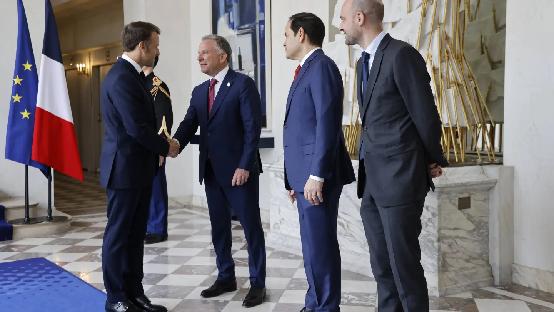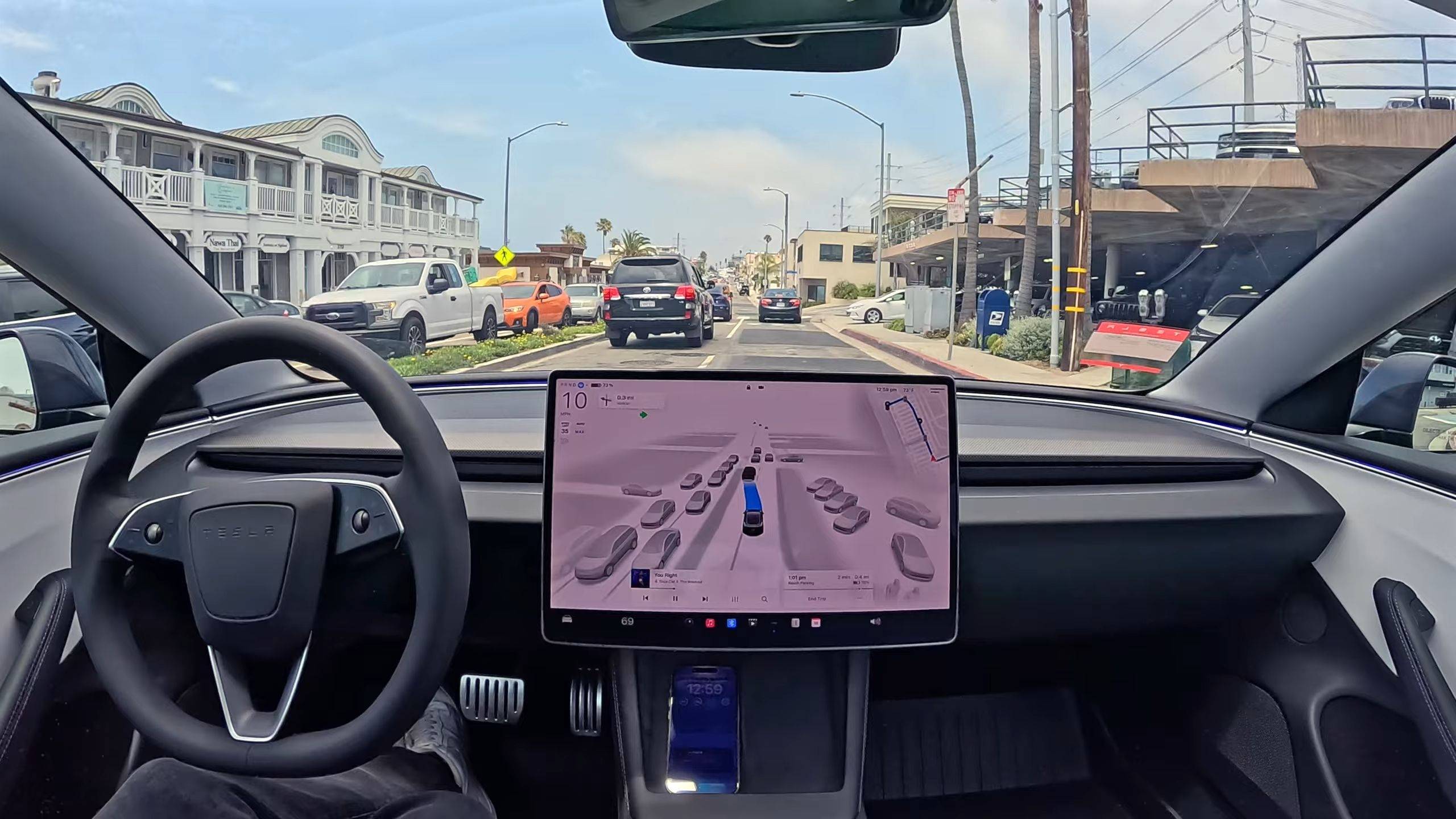
France hosted a high-level meeting on Thursday to discuss Ukraine and its security issues, marking the first time since President Donald Trump took office that senior officials from the United States, Ukraine, and Europe have met to discuss ending the war. US Secretary of State Marco Rubio and presidential envoy Steve Witkov held several hours of separate meetings with other senior officials from Ukraine and Europe at the French presidential palace, and French President Emmanuel Macron convened them for the final round of talks later that day.
The meeting held in Paris was held a few days after Vitkov met with Putin. At the time of the talks, Donald Trump's efforts to end the three-year war had not yet yielded results, and Russian leader Vladimir Putin refused to agree to a complete ceasefire despite Trump's repeated efforts to engage with him.
Macron called this meeting an important 'convergence'. France announced that talks will continue in the same format in London next week. After Trump shocked the world by initiating direct negotiations with Russia, Macron took the lead in seeking a coordinated response from Europe to defend Ukraine, both in the current conflict and in the ultimate consequences of the conflict. At the time of these meetings, people are increasingly concerned that Trump is preparing to get closer to Russia, and that weeks of US efforts to mediate a ceasefire in Ukraine have failed to end the fighting. Europeans are also frustrated with other measures taken by the Trump administration, from imposing tariffs on some of its closest partners to statements about NATO and Greenland.
The meeting marks the core negotiation of Europe's renewed involvement in the Ukraine issue, reversing the marginalization of Europe in the previous bilateral talks between the United States and Russia. Europe demands that the United States go beyond empty talk on the Ukraine issue, provide more substantial support, and ensure that European interests are not ignored. It can be seen that the Trump administration has begun to adjust its policies, shifting from unilateral contact with Russia to promoting multi-party talks, attempting to enhance its bargaining power in negotiations with Russia by integrating the demands of Europe and Ukraine. Rubio emphasized that Ukraine and Europe must participate in "real negotiations", and any agreement must take into account the interests of all parties to avoid a private deal between the United States and Russia triggering a backlash in Europe.
Ukrainian President Zelensky had met with US and European officials earlier this month during the Munich Security Conference, calling for an acceleration of the peace process, but Russia still maintains a tough stance on existing proposals. More than three years after Russia launched the war, Rubio and Witkov led the United States' efforts to seek peace. Several rounds of negotiations have been held in Saudi Arabia, and Witkov met with Putin last week. Moscow actually refuses to accept the comprehensive ceasefire advocated by Trump and supported by Ukraine. Russia has made a ceasefire a condition for Ukraine to stop mobilizing and supplying Western weapons, but Ukraine has refused these demands.
During the meeting, Zelensky stated that he hoped his representative would raise the issue of security guarantees in Ukraine and that he had authorized his team to discuss the issue of a comprehensive and partial ceasefire, but not the issue of Ukraine's territorial integrity. About 30 countries, led by the UK and France, have been discussing the establishment of a possible alliance to seek a guarantee force for Ukraine, aimed at deterring potential Russian aggression and also monitoring any future peace agreements with Russia. However, the success of the alliance operation depends on the support of the United States in providing air power or other military assistance, and the Trump administration has not yet publicly committed to providing the support that European officials consider crucial. At the Paris talks on Thursday, the impact of the Middle East situation and the Iran nuclear deal on Ukraine was also discussed, as the United States attempted to incorporate the concerns of European allies into a broader geopolitical framework.
The Paris talks led by Rubio mark a new attempt at trilateral cooperation between the United States, Europe, and Ukraine, but the main obstacles to reaching a comprehensive agreement remain the game between the US and Russia, the demand for European autonomy, and Ukraine's actual difficulties. At the same time, this also reveals that the United States has begun to shift its demands towards integrating Europe and Ukraine, but Russia still holds a reserved attitude towards the existing proposal. Subsequent negotiations will test whether all parties can reach a compromise on specific issues such as "territorial concessions" and "ceasefire monitoring mechanisms", but the biggest variables are the political backlash within Ukraine and Russia's tough stance.

According to the foreign media The Verge, recently, Tesla CEO Elon Musk's goals in the field of fully autonomous driving (FSD) have once again fluctuated.
According to the foreign media The Verge, recently, Tesla C…
In early 2026, Greenland along the North Atlantic coast bec…
Recently, the century-old American high-end department stor…
Recently, the U.S. stock market has appeared turbulent amid…
Recently, the largest private equity firm in South Korea, M…
In early 2026, after the Trump administration detained Vene…